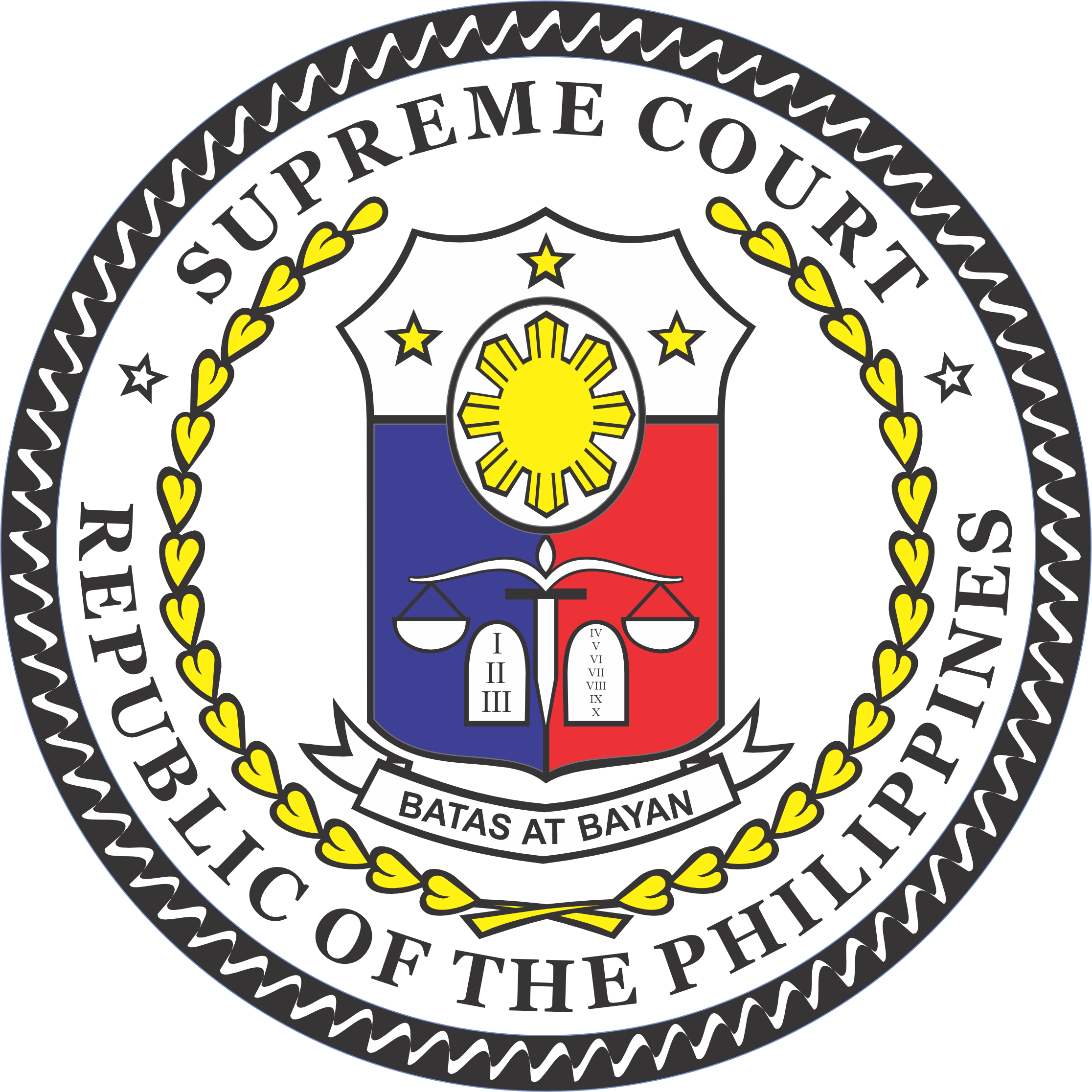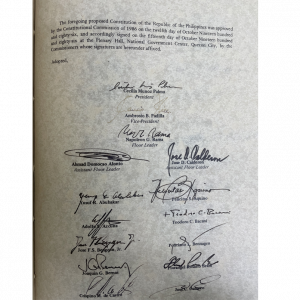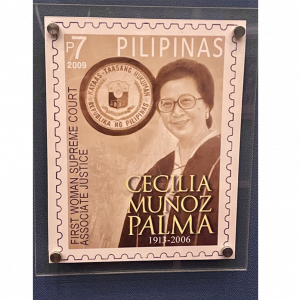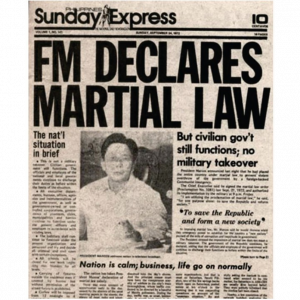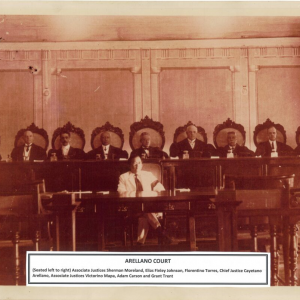SC Issues Organic Guidelines on the use of Gender-Fair Language in the Judiciary and Gender-Fair Courtroom Etiquette
February 16, 2022
The Supreme Court, during its En Banc deliberation on Tuesday, February 15, 2022, approved the Guidelines on the Use of Gender-Fair Language in the Judiciary and Gender- Fair Courtroom Etiquette.
The Committee on Gender Responsiveness in the Judiciary (CGRJ), headed by Associate Justice Amy C. Lazaro-Javier, proposed the drafting of the Judiciary’s own set of organic guidelines to expand, reinforce, supplement and contextualize gender-fair language for a more nuanced adaptation and application. The CGRJ took its cue from the enactment of Republic Act No. 11313, or the Safe Spaces Act, which prohibits and penalizes several forms of gender-based sexual harassment. The Safe Spaces Act defined gender as “a set of socially ascribed characteristics, norms, roles, attitudes, values and expectations identifying the social behavior of men and women, and the relations between them.” The Guidelines was a product of the CGRJ’s efforts to combat sexist language in the Judiciary, by including sensitivity towards persons with diverse sexual orientation, gender identity and expression, and sex characteristics (SOGIESC).
The Court stated in the Guidelines: “Sexist language ‘devalues members of one sex, almost invariably women, and thus fosters gender inequality.’ Indeed, it has been pointed out that ‘[t]he use of gendered generics can communicate subtle sexism, distract, and create ambiguity.’” The Court further clarified that: “Our courts are courts of evidence, and its power to take judicial notice of matters is limited. Therefore, courts cannot and should not perpetuate gender stereotypes, which rest on unfounded generalizations regarding the characteristics and roles of binary and non-binary genders, but indisputably influence the perspectives of the judges and litigants alike. This is evident with respect to matters at issue before the courts, as well as in the language the courts employ in adjudication.”
The use of non-sexist language in official documents, communications, and issuances is encouraged. For example: “person” instead of “man” or “humanity” instead of “mankind.” Also discouraged is the use of masculine terms for professions or occupations: “chairperson” instead of “chairman” or “business owners” instead of “businessmen.”
Last September 24, 2021, the Supreme Court, through Memorandum Order No. 90- 2021, reiterated its directive in a 2006 Administrative Circular advocating the use of gender- fair language in the Judiciary. The said 2006 Administrative Circular was in response to the Civil Service Commission’s drive to encourage government employees and officials to “to make a conscious effort to avoid implicit and explicit discriminatory language against women or men,” which “will help promote gender-sensitivity in the bureaucracy.”
